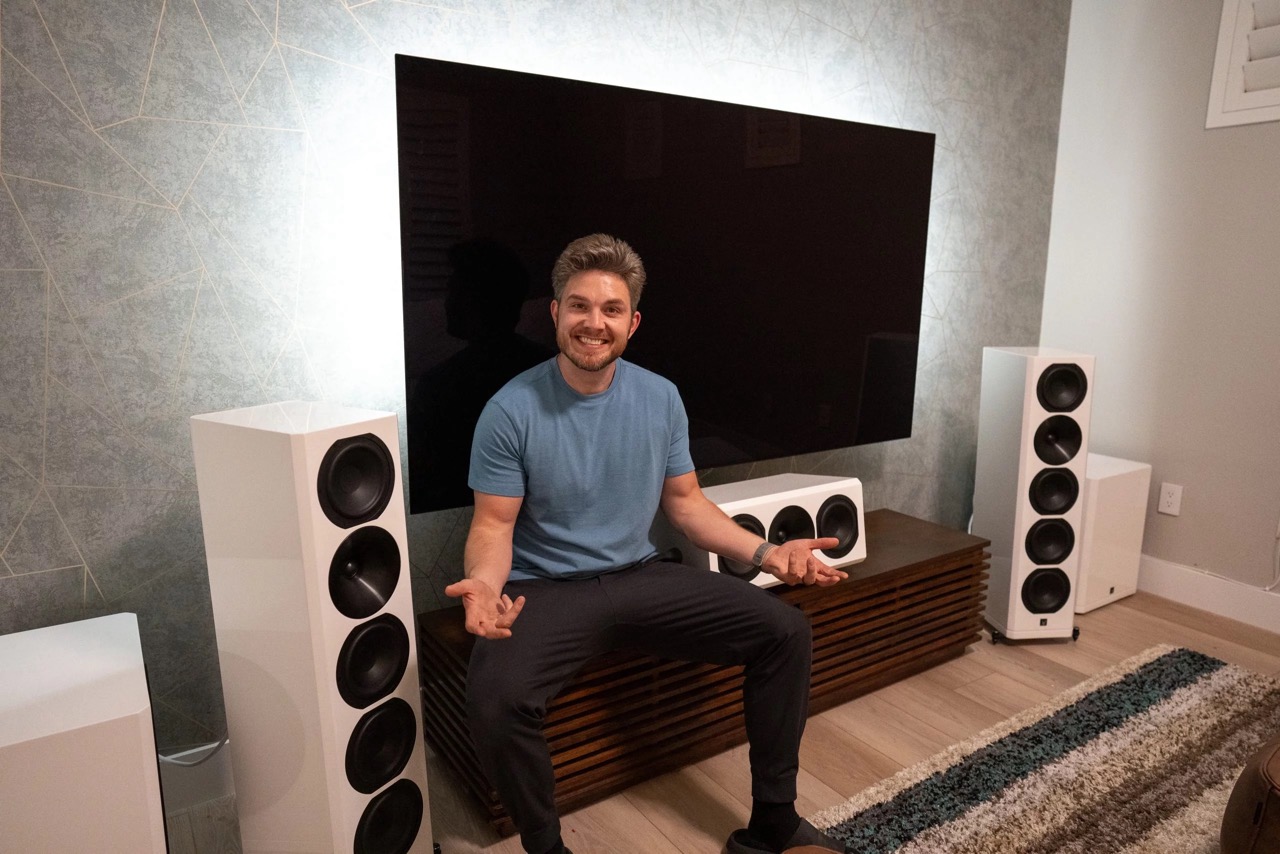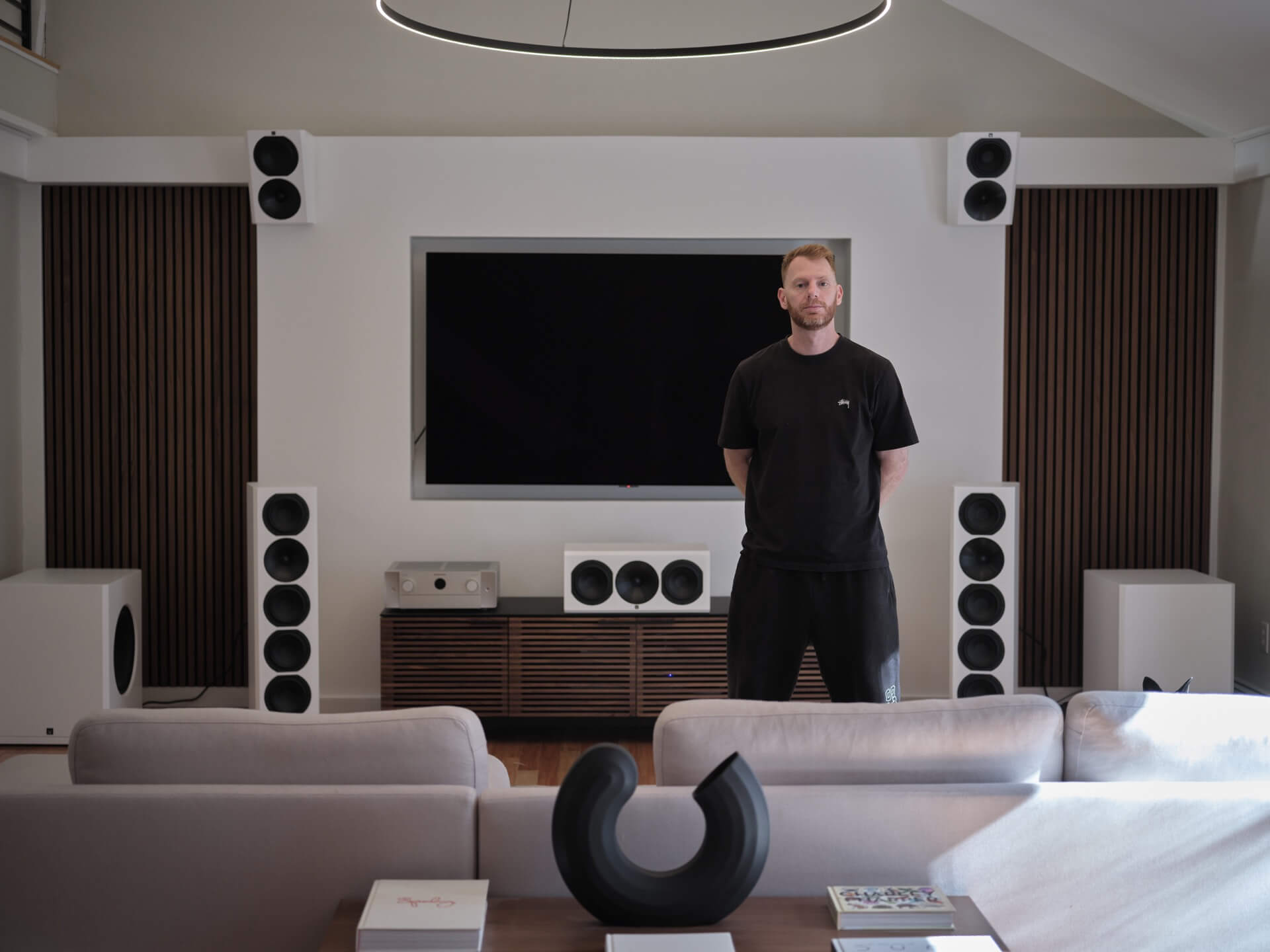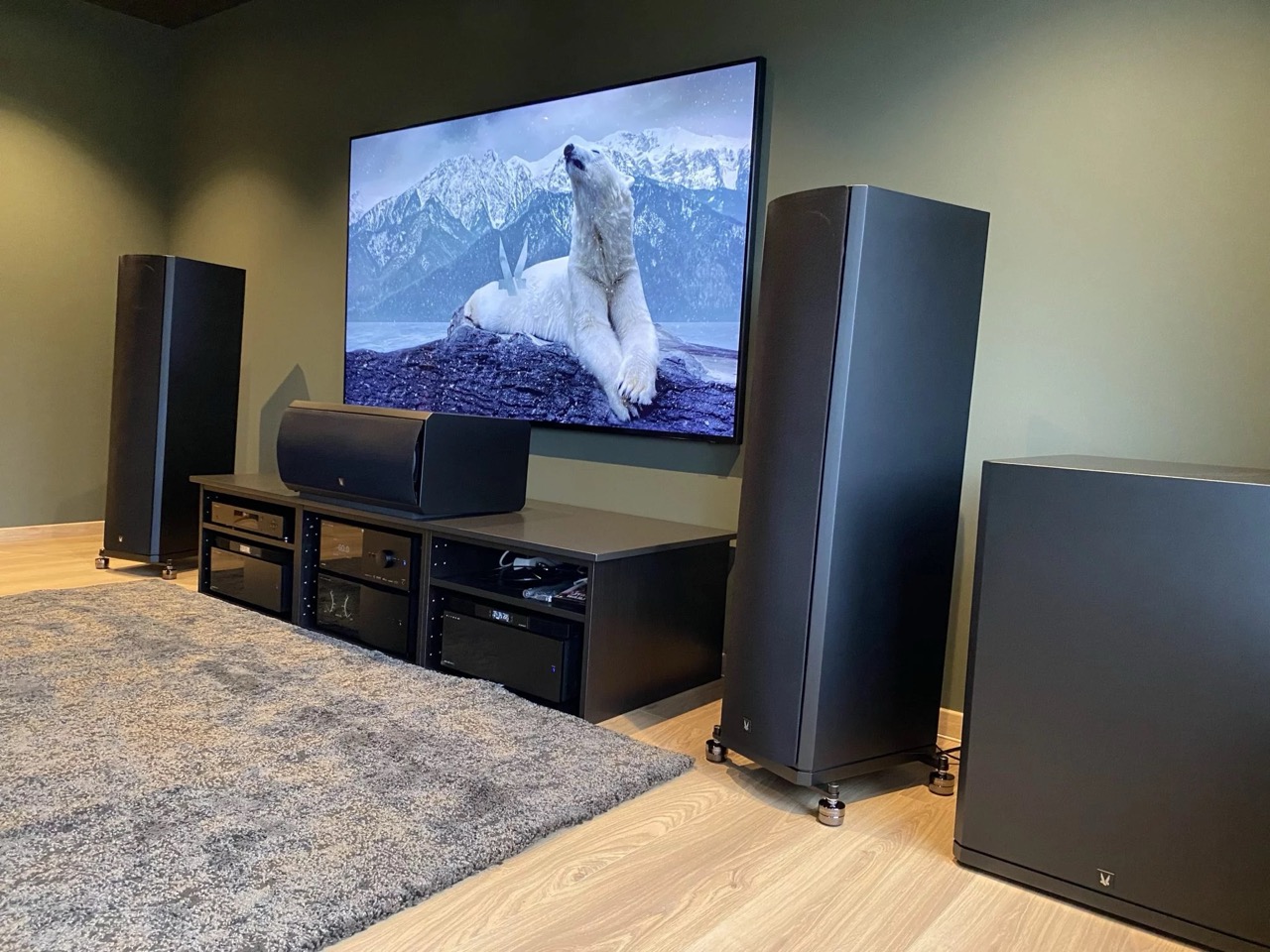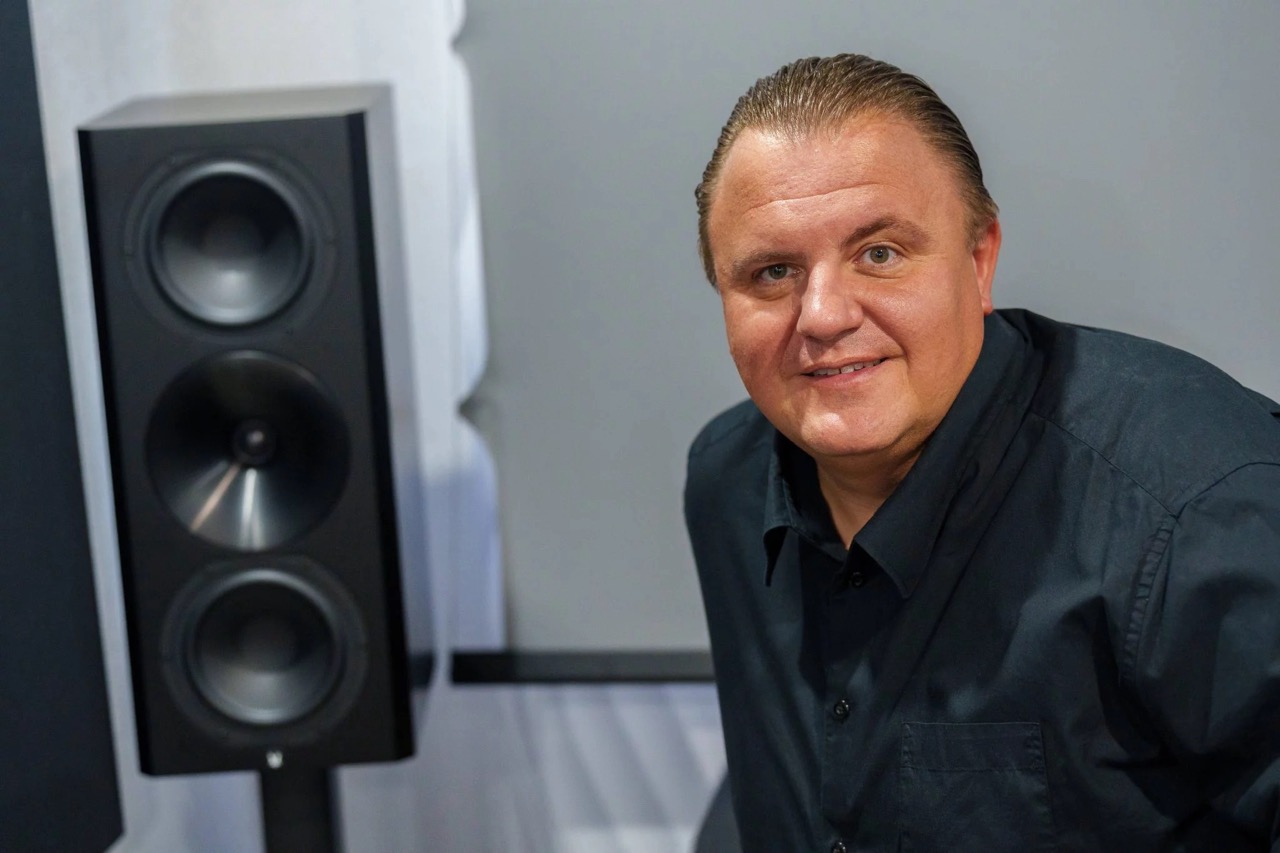What Cables/Speaker Wire Do You Recommend?
Article summary - TL;DR
- Cables should be neutral and well-insulated to ensure clarity and prevent interference.
- Thicker cables (14AWG or better) are recommended for longer distances to maintain signal quality.
- Choose aesthetically pleasing cables that don't compromise your audio system's performance.
- Consider reliable brands like Blue Jeans, Mogami, or Kimber Kable for quality options.
- Enhance your audio-visual setup with the 1528 Tower 8 for expansive sound and remarkable depth.
Cables can be a controversial topic in the audio industry, but when approached scientifically, it is a simple topic based on a few factors. Let’s jump in.
The Same Basic Principles
Like good speakers, good cables are neutral in sonic signature. To put it bluntly, they “get outta the way” and let the sound come through as intended. One way this is achieved is by the cable being well insulated, or “shielded”. Cables without a good layer of protection are more susceptible to electronic interference from surrounding components and power cords.
Resistance is Futile
The longer the cable or speaker wire, the thicker it should be. This ensures that the signal, or power, is always available in sufficient amounts. The chart below is a typical guide for speaker wire gauge, although we do not recommend using anything less than 14AWG even for short cables on our speakers.


Bling-Factor
There is nothing wrong with paying more for a good-looking cable; just make sure it is not a weak link in your system as some expensive cables measure worse than much less expensive brands. Blue Jeans JC-1 cables are efficiently designed, well shielded, and measure well. Mogami cables have a strong reputation as well. If you have a little more to spend, Kimber Kable makes some beautiful, well-respected products.
Frequently asked questions
What makes a good audio cable?
A good audio cable is neutral in sonic signature, allowing sound to come through as intended. It should also be well insulated or shielded to minimize electronic interference.
How does cable length affect audio performance?
Longer cables or speaker wires should be thicker to ensure that the signal remains strong and sufficient. We recommend using at least 14AWG wire, even for short runs with our speakers.
Are expensive cables worth the investment?
While some expensive cables look great, it's essential to ensure they don't compromise your audio system. Brands like Blue Jeans JC-1 and Mogami offer reliable performance. Kimber Kable provides beautiful and respected options at a higher price.
How important is cable shielding?
Cable shielding is crucial as it protects against electronic interference from other components and power cords, ensuring the audio signal remains clear and uncolored.
What is the recommended wire gauge for speaker cables?
We recommend using no less than 14AWG for speaker cables, regardless of the length, to ensure optimal performance and signal delivery.
Can low-quality cables affect sound quality?
Yes, low-quality cables can introduce noise and distort the sound, making them a weak link in your audio system. Always opt for well-designed and measured cables.
What are some reputable brands for audio cables?
Some reputable brands include Blue Jeans, Mogami, and Kimber Kable. They offer cables that are both attractive and perform well without compromising sound quality.
Does cable appearance matter?
Cable appearance can matter if it enhances your setup's aesthetics, but ensure that it also meets performance standards. Don’t let looks alone dictate your cable choice.
What are the characteristics of well-made audio cables?
Well-made audio cables should be efficiently designed, well shielded, and able to measure well to ensure high audio fidelity without introducing interference.








